Applications of Tungsten Alloy Discs in the Target Field
- Details
- Category: Tungsten Information
- Published on Wednesday, 17 September 2025 17:15
- Hits: 116
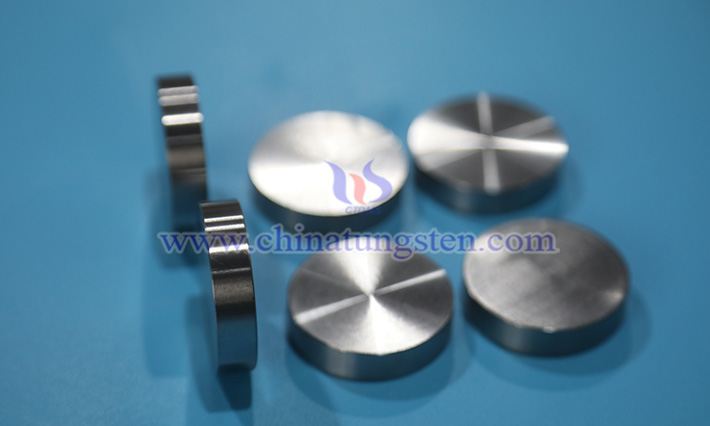
CTIA GROUP LTD tungsten alloy discs are typically made by alloying tungsten with nickel, iron, titanium, or other elements. Their exceptional performance stems from their unique material composition and microstructure, making them widely used in the target field. Industrial-grade tungsten alloy discs generally have a purity of 99.95% or higher. While pure tungsten targets offer high density and excellent high-temperature resistance, their brittleness makes them prone to cracking during processing. As a result, tungsten-based alloys such as W-Ni-Fe (tungsten-nickel-iron alloy, with tungsten content ranging from 85% to 99%) or W-Ti (tungsten-titanium alloy, with adjustable tungsten-titanium ratios) are commonly used. These alloys are produced via powder metallurgy, with tungsten particles uniformly dispersed in a metal binder phase, forming a dense structure.
What Are Tungsten Alloy Screws?
- Details
- Category: Tungsten Information
- Published on Wednesday, 17 September 2025 11:46
- Hits: 125
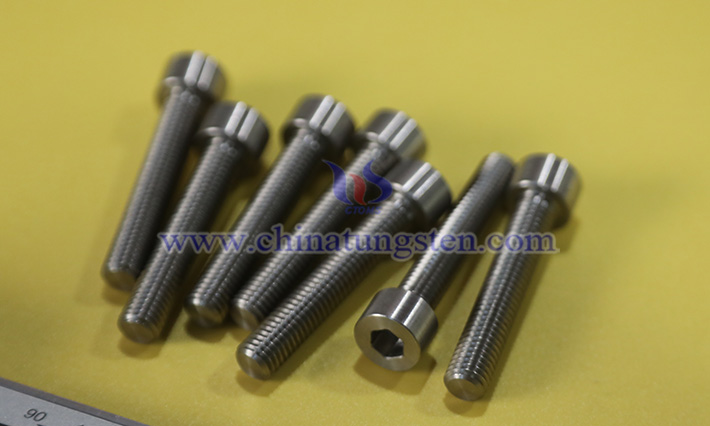
CTIA GROUP LTD tungsten alloy screws are fasteners made from an alloy material composed primarily of tungsten (W), with the addition of metals such as nickel, iron, and copper, manufactured through machining processes. With their high density, exceptional strength, wear resistance, and outstanding corrosion resistance, they are widely used in fields such as aerospace, medical devices, and precision machinery, where material performance requirements are stringent. Compared to steel screws, tungsten alloy screws demonstrate higher reliability under high loads and extreme conditions; compared to lead-based materials, they are more environmentally friendly.
Tungsten Alloy Discs: The Ideal Material in the Counterweight Field
- Details
- Category: Tungsten Information
- Published on Wednesday, 17 September 2025 11:40
- Hits: 126
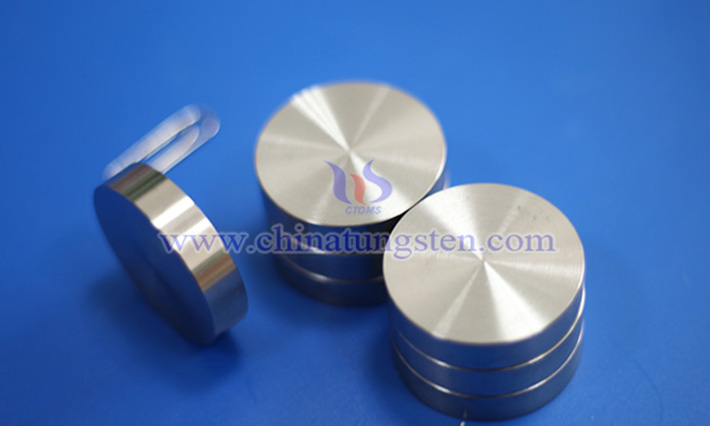
In modern industrial and technological fields, the use of high-density materials has become a key factor in enhancing equipment performance and safety.
Applications of Tungsten Cemented Carbide Balls in Valves
- Details
- Category: Tungsten Information
- Published on Friday, 12 September 2025 17:34
- Hits: 153
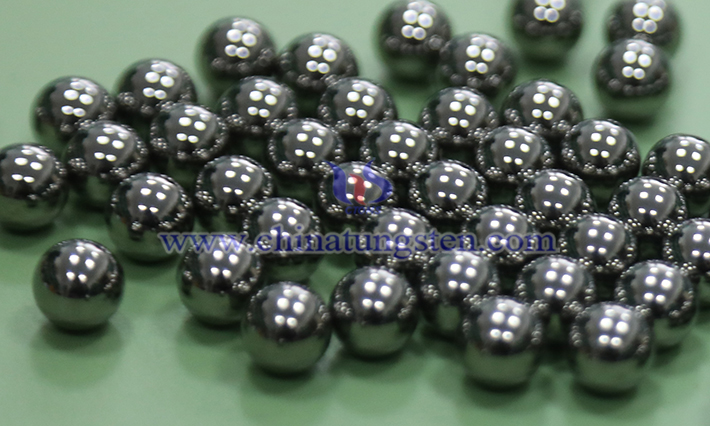
Tungsten Cemented Carbide Balls are primarily used as core components in valves, such as valve balls or sealing surfaces. Their high hardness, wear resistance, corrosion resistance, and stability under high temperatures and high pressures make them a key material for improving valve performance and lifespan, particularly in industries such as the oil, chemical engineering, and natural gas.
Applications of Tungsten Cemented Carbide Balls in Bearings
- Details
- Category: Tungsten Information
- Published on Friday, 12 September 2025 17:33
- Hits: 124
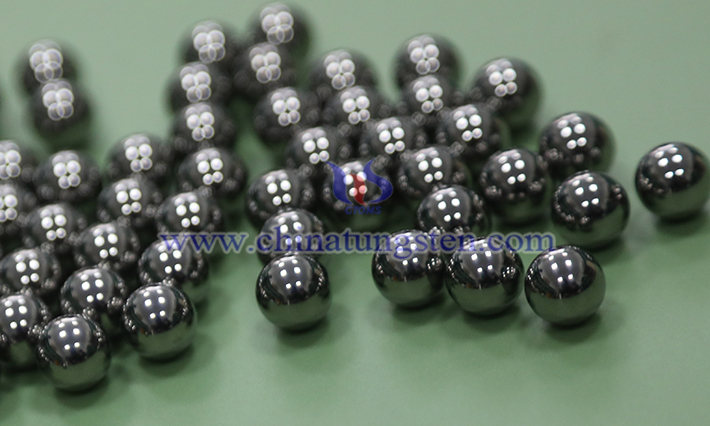
Tungsten Cemented Carbide Balls, with their high hardness, wear resistance, and corrosion resistance, play an irreplaceable role in high-performance bearings, particularly in aerospace, precision manufacturing, and under extreme operating conditions.
The Role of Tungsten Cemented Carbide Balls in Machining
- Details
- Category: Tungsten Information
- Published on Friday, 12 September 2025 17:32
- Hits: 154
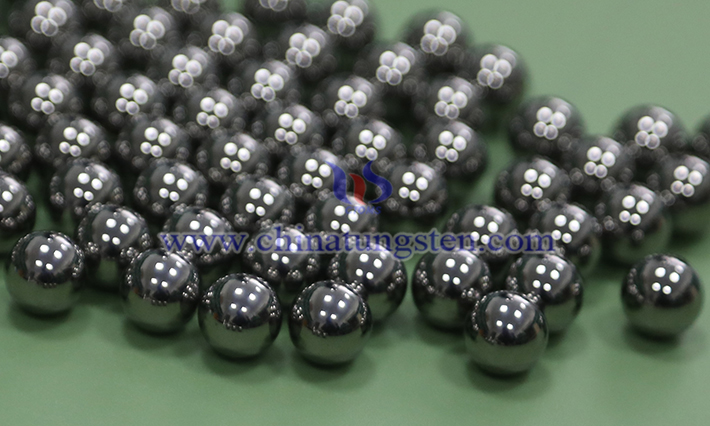
Tungsten Cemented Carbide Balls play a crucial role in machining. Their high hardness, wear resistance, compressive strength, corrosion resistance, and thermal stability make them an ideal choice for a variety of machining scenarios. The following are the main roles of Tungsten Cemented Carbide Balls in machining:
Industrial Applications of Tungsten Carbide Balls
- Details
- Category: Tungsten Information
- Published on Friday, 12 September 2025 17:30
- Hits: 154
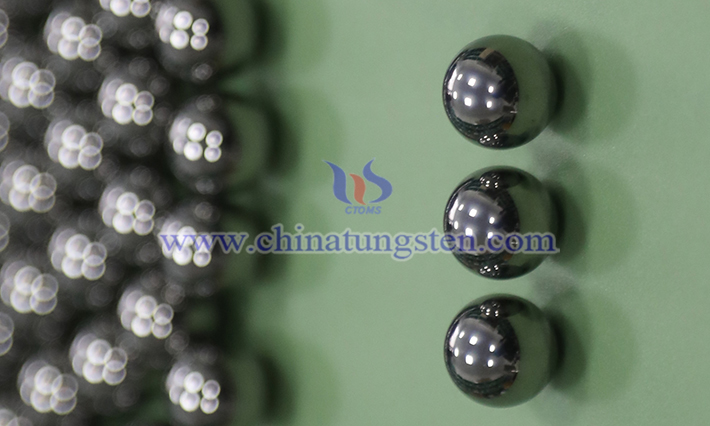
Tungsten Carbide Balls have a wide range of industrial applications, spanning a wide range of industries, including machinery manufacturing, energy, chemicals, aerospace, and consumer goods. Their excellent wear and corrosion resistance, along with their high precision, make them an ideal choice for demanding applications.
Roles of Tungsten Carbide Balls in Industry
- Details
- Category: Tungsten Information
- Published on Friday, 12 September 2025 17:29
- Hits: 142
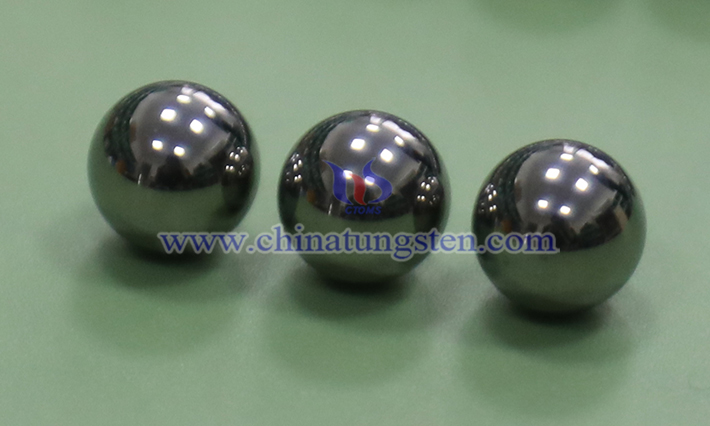
Tungsten carbide balls play a vital role in industry. Their high hardness, wear resistance, corrosion resistance, and high-temperature resistance make them a core material in various fields, including precision manufacturing, mechanical engineering, and energy development. Their specific roles are reflected in the following aspects:
Main Applications of Tungsten Carbide Balls
- Details
- Category: Tungsten Information
- Published on Friday, 12 September 2025 17:27
- Hits: 113
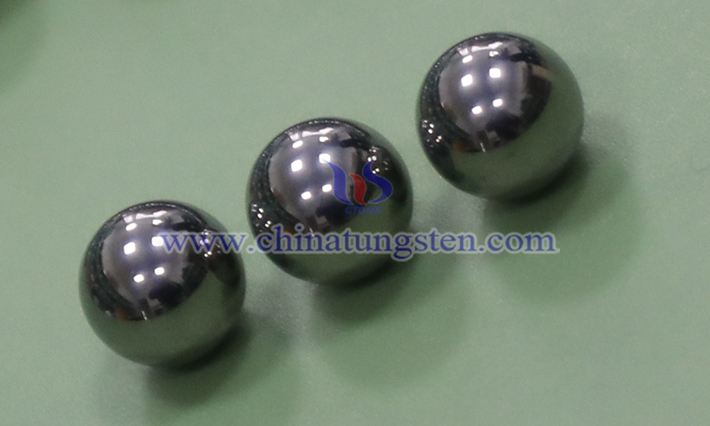
Tungsten Carbide Balls are widely used in a variety of fields due to their high hardness, wear resistance, corrosion resistance, and high strength. The following are their main applications:
Common Uses of Tungsten Carbide Balls
- Details
- Category: Tungsten Information
- Published on Friday, 12 September 2025 17:26
- Hits: 120
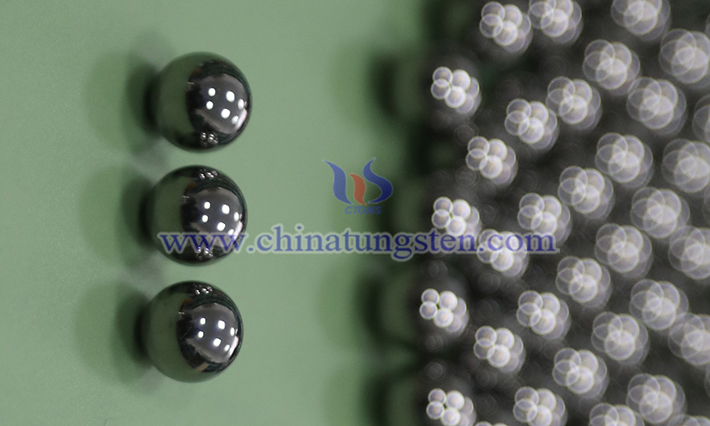
Tungsten carbide balls are spherical products made through a powder metallurgy process, using a high-hardness metal carbide matrix such as tungsten carbide (WC) and a metal binder such as cobalt (Co). Their core properties include high hardness, high wear resistance, high compressive strength, corrosion resistance, and good dimensional stability. The following are common uses and specific application scenarios:




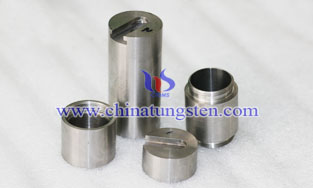


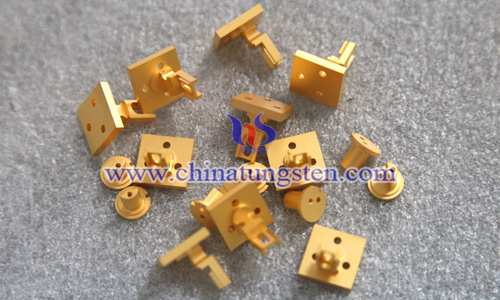
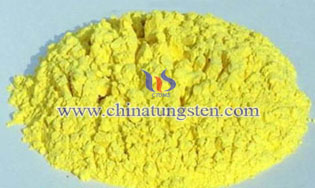
 sales@chinatungsten.com
sales@chinatungsten.com